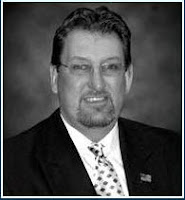List of Nations Worst Nursing Homes To be Released
List Released in Response to Aging Committee Hearing and Impending Legislation
WASHINGTON – Today U.S. Senate Special Committee on Aging Chairman Herb Kohl (D-WI) commended the public disclosure of a list of the 54 worst nursing homes in the nation as determined by the Centers for Medicare and Medicaid Services (CMS). The facilities named are enrolled in the agency’s “Special Focus Facility” Program, having exhibited a history of providing poor care to residents based primarily on the results of federally financed state inspections. Kerry Weems, Acting Administrator for CMS, announced that the federal government would be releasing the list at an Aging Committee hearing earlier this month in response to a forthcoming nursing home bill crafted jointly by Senator Kohl and Senator Charles Grassley (R-IA). Disclosing the program participants, considered to be among the most troubled nursing homes in the country, is included in the bill that will be introduced in coming weeks.
Associated Press story on release of the SFF list: http://ap.google.com/article/ALeqM5iMy1dGc63V64E4BUX-DFkFPlZTIwD8T72JT82
Press Release by : Ashley GlacelPress SecretarySpecial Committee on AgingSenator Herb Kohl, ChairPh: (202) 224-5364 Cell: (202) 340-3299 www.aging.senate.gov























